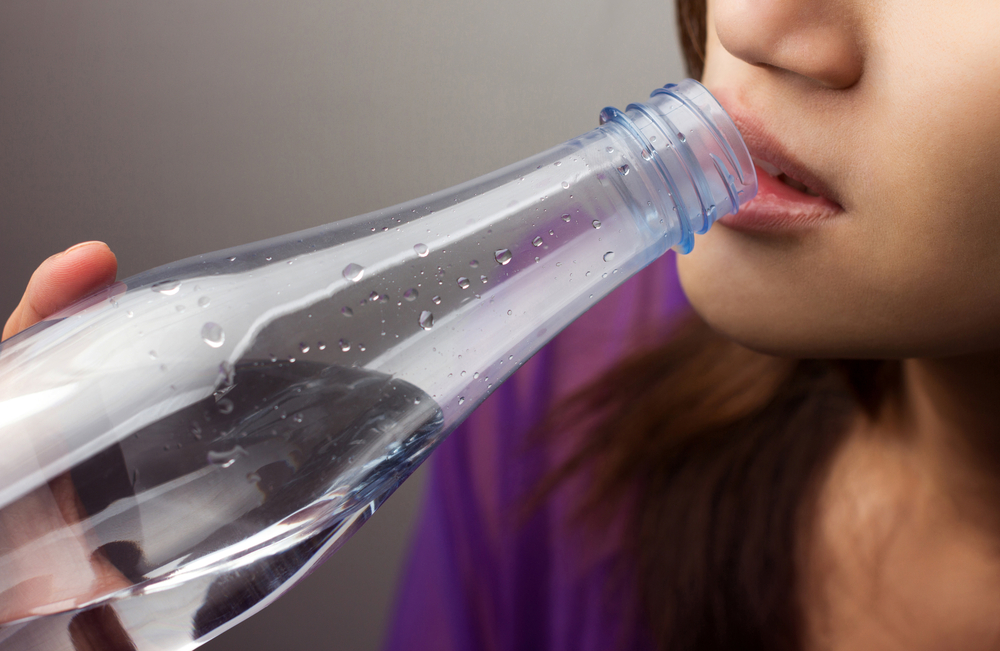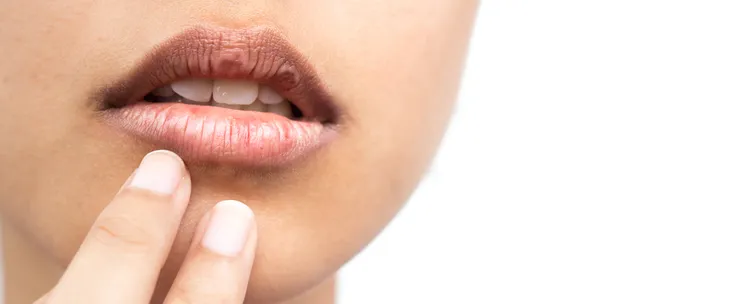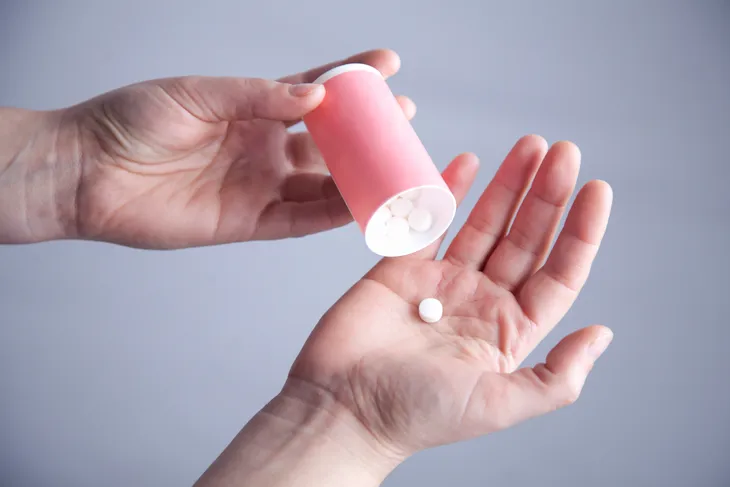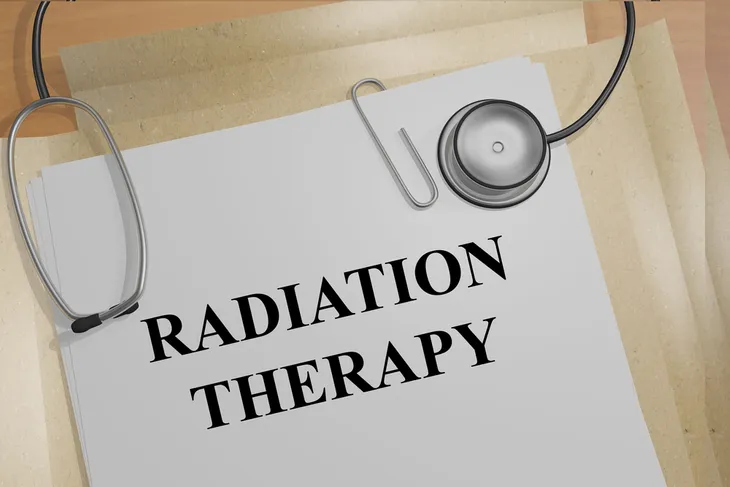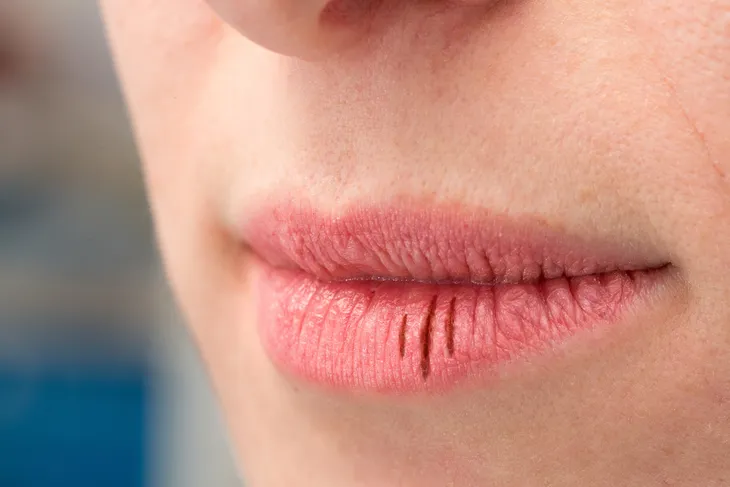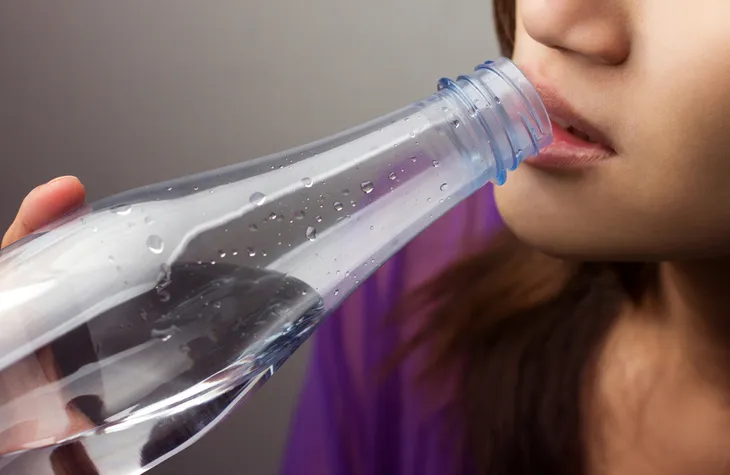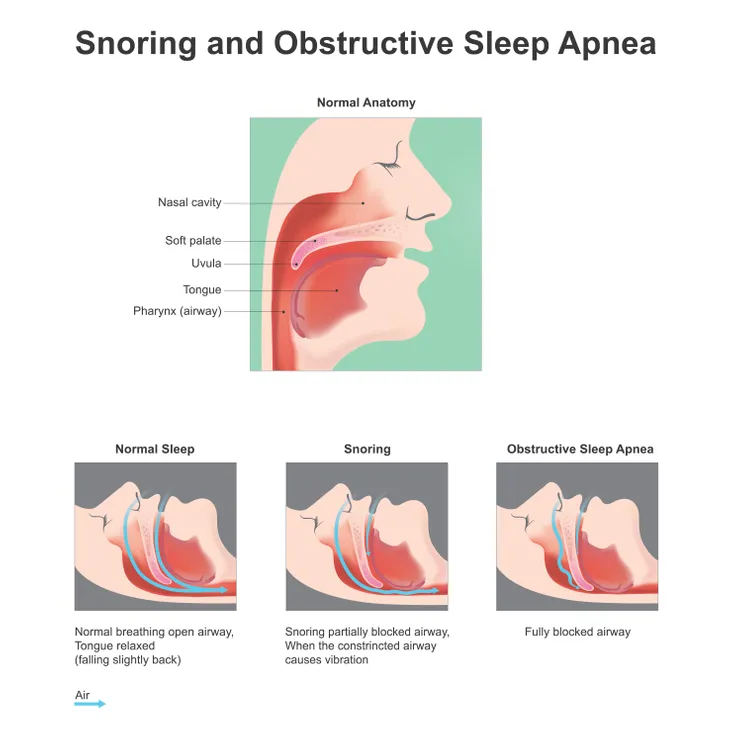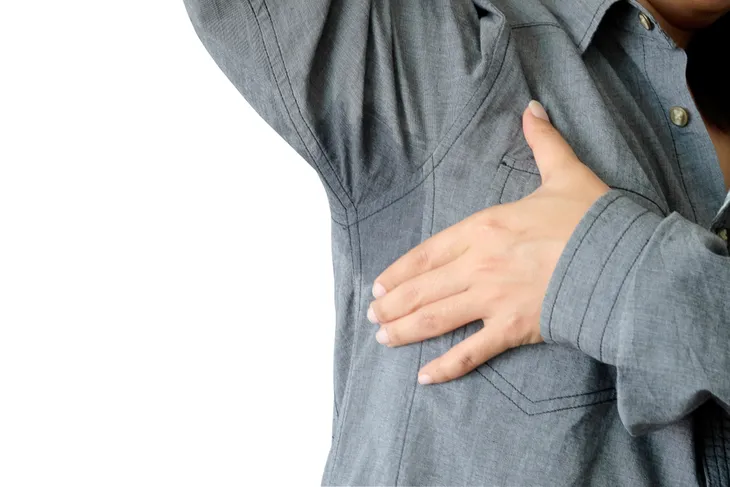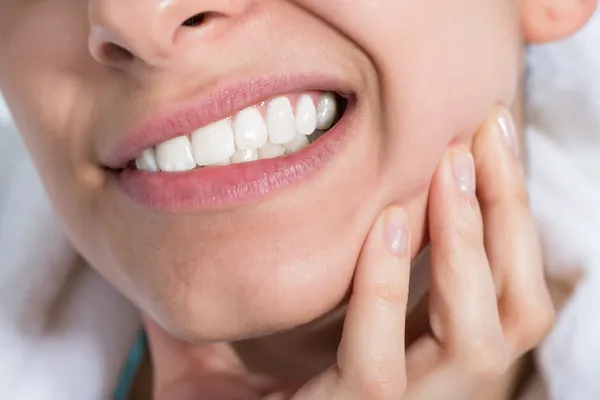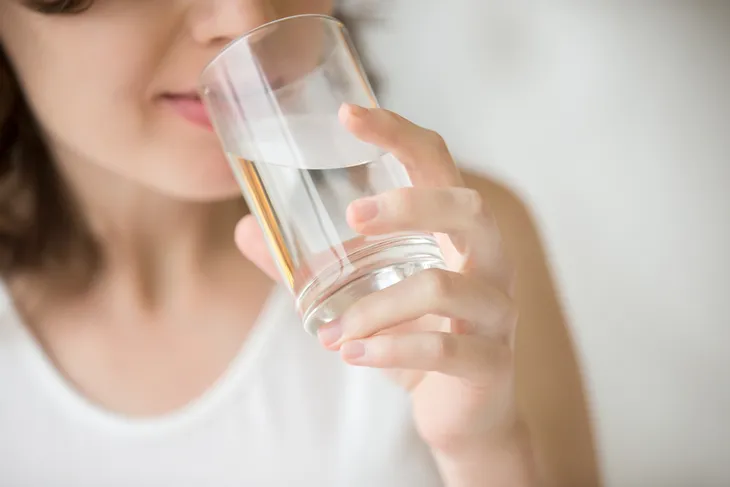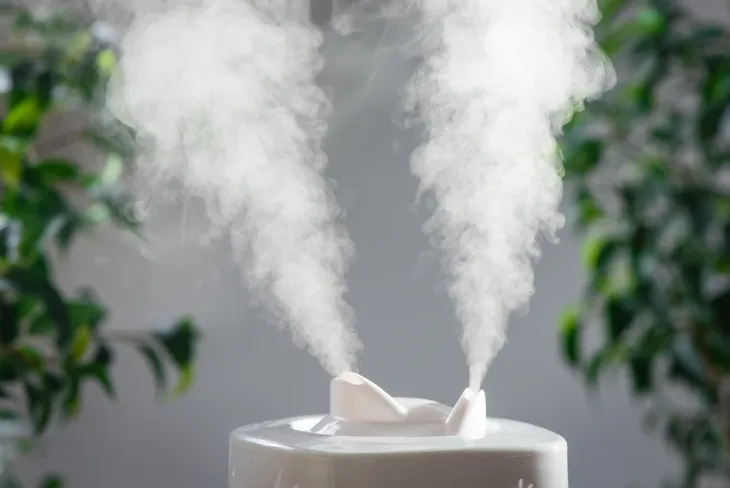A dry mouth from time to time can happen to almost anyone, but a condition called xerostomia is a more persistent lack of saliva that can affect your quality of life. While it’s not actually a disease, it can be uncomfortable and lead to trouble talking and even swallowing.
The condition itself doesn’t often indicate an underlying medical problem – in many cases, it could be tied to outside factors, notes the Mayo Clinic. Let’s take a look at 12 possible reasons your mouth feels like a desert, and what to do about it…
1. Symptoms of Dry Mouth
There can be a variety of symptoms related to dry mouth that extend past the obvious (namely a dry and sticky feeling), notes the Mayo Clinic. These symptoms include frequent thirst, sores or split skin at the corners of the mouth, and cracked lips, it adds.
You may also experience a dry feeling in the throat, a “burning or tingling sensation” on your tongue or elsewhere in your mouth, problems speaking, chewing, swallowing, and even tasting, dry nasal passages, sore throat, and bad breath, it adds.
2. Side Effects of Medications
The prescription (or even non-prescription) medications you’re taking to deal with another medical problem may be causing your mouth to be dry, notes the Mayo Clinic.
The most likely types of drugs that can lead to dry mouth include those used to treat anxiety, depression, high blood pressure, as well as certain antihistamines, decongestants, muscle relaxers and pain remedies, it adds.
3. Stress and Anxiety
Colgate says that on top of taking medications to manage anxiety, the disorder itself can be a possible trigger for your dry mouth, as feeling anxious can reduce the flow of saliva.
If you have dry mouth and you haven’t started any kind of treatment yet, then anxiety may be the cause of your troubles. However, if the dry mouth symptoms appear after you’ve started taking an anti-anxiety medication, then it’s more likely the treatment than the anxiety itself. However, anxiety is only one possible reason for your dry mouth woes, so keep reading…
4. Cancer Treatments
If you’re undergoing chemotherapy treatments for cancer, you could experience a temporary lack of production by the salivary glands that could lead to dry mouth, explains WebMD.
Radiation to the head and neck area can actually damage the salivary glands, adds the source. Of course, if you’ve had your salivary glands removed for medical reasons (such as oral cancer), then that’s a pretty likely cause. Carrying water with you regularly if you’re being treated for cancer can be especially helpful to alleviate dry mouth symptoms.
5. Tobacco, Alcohol and Drug Use
All of these vices can leave your mouth feeling arid, warns the Mayo Clinic. It says alcohol, along with smoking cigarettes or chewing tobacco can make dry mouth symptoms worse.
Meanwhile, the source points out that using methamphetamine (or just meth), a recreational drug, “can cause severe dry mouth and damage to teeth, a condition also known as ‘meth mouth.'” Using marijuana can also lead to a dry mouth, it adds.
6. Effects of Aging
Unfortunately, dry mouth can be a normal side effect of aging, according to the Mayo Clinic. This can be a result of using certain medications (which we outlined earlier), as well as “the body’s ability to process medication,” it adds.
Other possible problems linking dry mouth to aging include inadequate nutrition as well as long-term health problems that are more common with advanced age, which we’ll outline next.
7. Other Underlying Health Conditions
If you’re regularly experiencing dry mouth, then you may also have another health problem such as diabetes, Alzheimer’s, HIV, or a condition called Sjogren’s syndrome – an autoimmune condition that dries out the mouth and eyes.
You may also have a yeast infection in your mouth (known as thrush) that could be contributing to your problem, it adds. Other medical problems tied to dry mouth include anemia, cystic fibrosis, rheumatoid arthritis, and stroke, adds WebMD.
8. Obstructive Sleep Apnea
This potentially serious condition, which causes a blockage in the airway during sleep, could lead to dry mouth. A post on the U.S. Library of Medicine outlines a study that shows patients with sleep apnea are twice as likely to have dry mouth upon awakening than those with “primary snoring.” This is likely due to the mouth hanging open more often during sleep, it adds.
Meanwhile, the CPAP machines used during the night to treat sleep apnea may also be the cause of your dry mouth (according to some sources), although it’s a good idea to rule out other causes first. Some CPAP machines also allow the option to add a humidifier to reduce this side effect.
9. Loss of Moisture
It shouldn’t really come as a surprise that if you’re dehydrated for any reason, then you might experience dryness in your mouth too. WebMD says dehydration can be caused by more than just inadequate fluid consumption.
Conditions that can cause your body to use up fluids include fever, excessive sweating, as well as vomiting, diarrhea, burns, and blood loss, explains the source. There are other possible reasons for dehydration, such as too much exercise (without hydrating), pregnancy, and more.
10. Potential Damage of Dry Mouth
Not only is dry mouth uncomfortable and impeding when it comes to eating and swallowing, it can also have negative effects on your oral health, adds Colgate. The company notes saliva helps protect the mouth as well as lubricate it, and without a steady flow “your risk for developing cavities and similar dental problems increases.”
The source notes that saliva is responsible for remineralizing the teeth, as well as maintaining the health of the soft and hard mouth tissues by “washing away food particles and neutralizing the acids that mouth bacteria produce.” Apparently saliva also contains “disease-fighting substances” that can help stave off dental infections, it adds.
11. Helping Hydration
Colgate cites the American Dental Association in suggesting you can try chewing sugar-free gum or candy to stimulate your salivary glands if you’re experiencing dry mouth. Ensure you sip water regularly and also turn to artificial saliva (which comes in different forms) if needed, it adds.
If these tips don’t provide you with any relief, then you should consider visiting your doctor or dentist for an exam, it adds. These professionals can determine the root cause of the problem and prescribe a medication (a popular option is called Salagen that boosts saliva production).
12. Other Options For Relief
WebMD reiterates that you should see your doctor to find out what’s causing your dry mouth if it has become chronic – they may be able to adjust a dose of medication that’s triggering it, for example.
However, aside from chewing sugar-free gum, the source also suggests breathing through your nose instead of your mouth as much as possible, and using a vaporizer to add moisture to the air in your bedroom.
